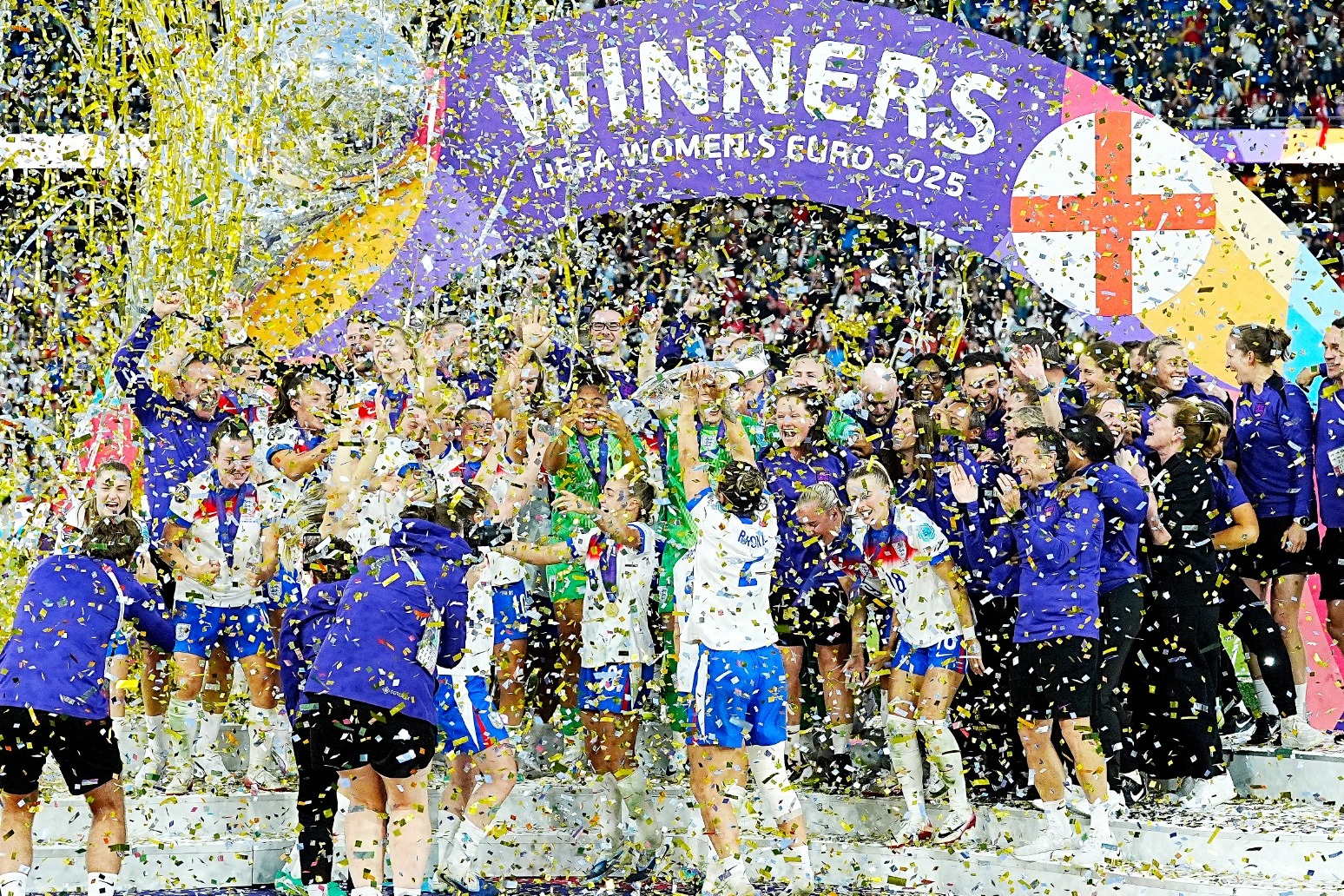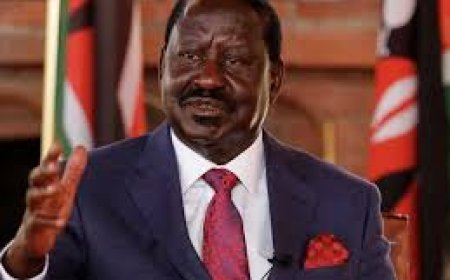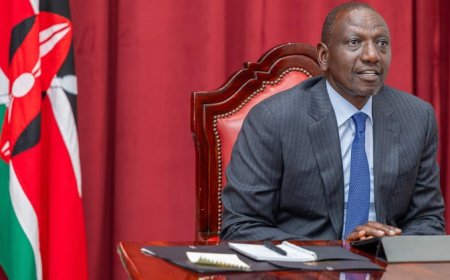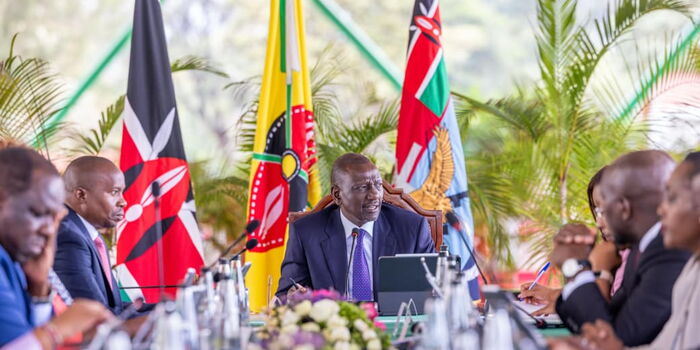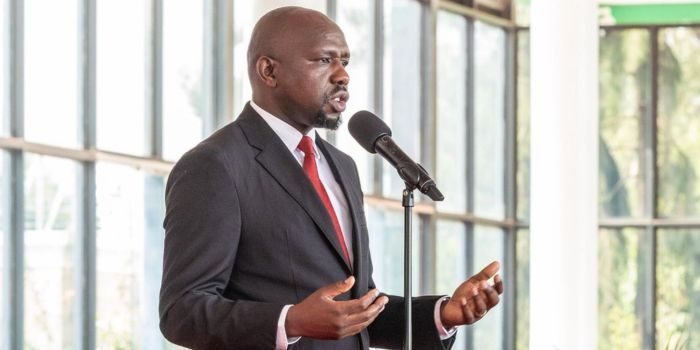Kenyans and civil rights groups are pushing back against the World Bank’s proposal to raise taxes as a way to settle the government’s pending bills.
The World Bank’s recommendation for Kenya to raise consumption taxes such as VAT and excise duty has drawn sharp criticism from lobby groups and citizens, who argue the move would further deepen the country’s cost-of-living crisis.
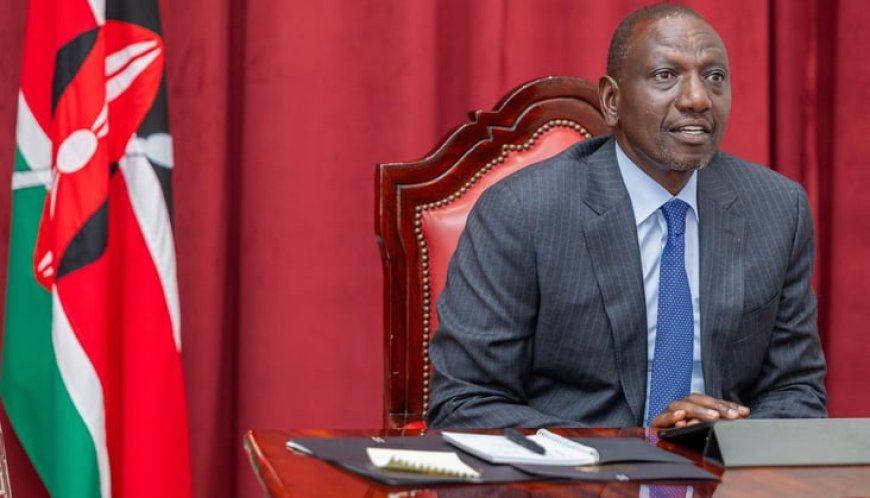
The World Bank’s call for Kenya to consider raising consumption taxes, including VAT and excise duty, has drawn widespread criticism from lobby groups and citizens who warn it could worsen the country’s cost-of-living crisis.
In its latest advisory, the global lender linked the proposal to Kenya’s ballooning pending bills, which rose from Ksh421.6 billion in March to Ksh526 billion by June 2025.
The Motorists Association of Kenya (MAK) led the backlash, accusing the World Bank of prioritising debt repayment over citizens’ welfare.
“The World Bank is at it again, pushing the government to impose more VAT and excise taxes when Kenyans are already battling a high cost of living,” MAK said in a statement on Thursday. “Many of these directives are tied to loans for projects that are poorly implemented or completely phantom, yet the ordinary Kenyan bears the cost.”
The lobby recalled the 2018 protests against VAT on fuel, allegedly imposed under World Bank pressure,
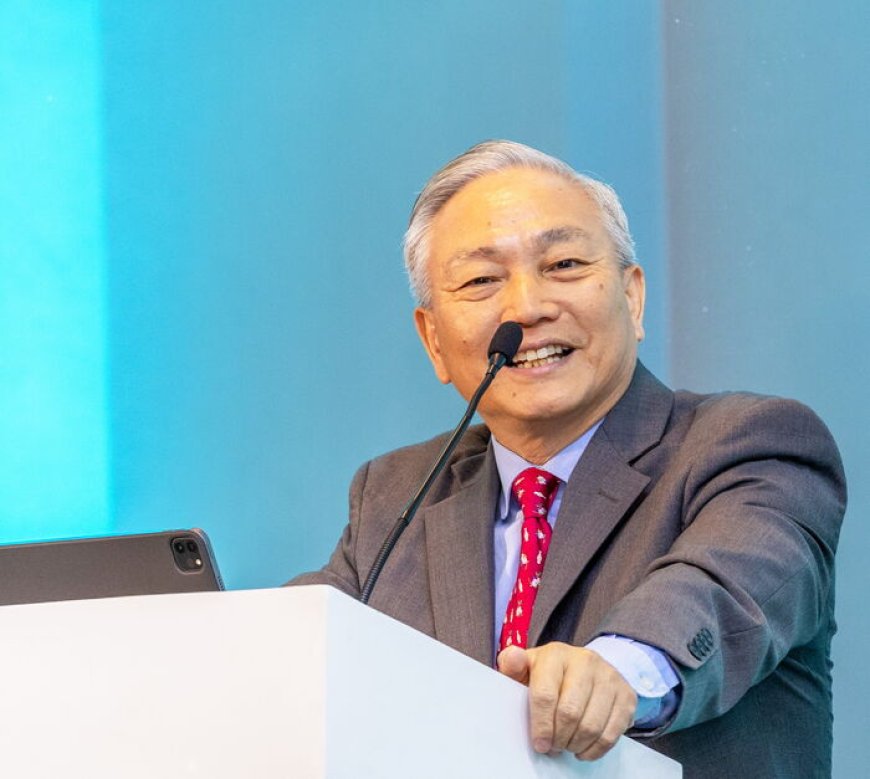
saying it triggered inflation, job losses, and business closures. MAK warned that repeating such a move could destabilise the economy.
“Every time the World Bank talks about fiscal discipline, it means squeezing citizens while protecting multinational interests. Destroying government jobs and local spending in the name of austerity only deepens poverty,” the group added.
MAK further blamed the Bank for economic programmes that led to public sector layoffs, arguing these policies reduced domestic demand and forced many Kenyans to seek jobs abroad under harsh conditions.
Lawyer Peter Wanyama and other Kenyans on social media echoed the criticism, saying the government should instead focus on cutting corruption and wasteful spending.
“Why should VAT be increased? The best solution is to cut graft and wasteful projects and downsize government. Higher taxes will only burden citizens while fuelling wasteful spending,” Wanyama said, urging the World Bank to promote reforms that address inefficiency rather than push for tax hikes that hurt the poor.
Kenya currently levies a 16 per cent VAT on essentials such as fuel, electricity, and cooking gas. The standoff now shifts to the Treasury, which faces growing pressure to meet debt obligations without worsening the economic strain on households.
The Washington-based lender has yet to clarify whether it is recommending higher VAT and excise rates or a broader tax base covering more goods and services.
What's Your Reaction?
 Like
0
Like
0
 Dislike
0
Dislike
0
 Love
0
Love
0
 Funny
0
Funny
0
 Angry
0
Angry
0
 Sad
0
Sad
0
 Wow
0
Wow
0









